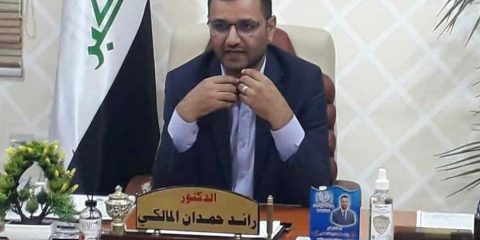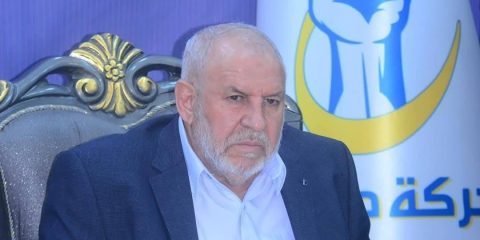Q&A: Firas Habib Haider, director of Majnoon oil field
Southern Iraq's largest state-run field is developing new production capacity and working to capture more associated gas.
MAJNOON - As the largest state-operated oil field in southern Iraq, Majnoon plays an important role in the country's energy portfolio as a source of swing capacity.
The Oil Ministry has been under pressure to limit production to meet OPEC-plus quota expectations, but it cannot order curtailments at fields operated by international oil companies without triggering costly contractual penalties. As a result, Majnoon and other state-operated fields are often targeted for significant cuts.
The resulting spare capacity can come in handy. In recent months, for example, fuel shortages and a fire accident caused production shortfalls at Rumaila, Iraq's most prolific field — and the Oil Ministry was able to compensate partly by increasing output at state-run fields.
Majnoon has also served as a test case for an alternative paradigm of oil field management. After Royal Dutch Shell withdrew from its contract as field operator in 2018, the state-run Basra Oil Company (BOC) took over the project, enlisting the companies KBR and Anton to provide key technical, operational, and management capacities.
Even though Majnoon has often been producing well below its developed capacity in recent months, BOC is preparing for a future of fewer OPEC-plus constraints by developing new capacity.
Iraq Oil Report spoke with Firas Habib Haider, the director of the Majnoon Oil Field Production and Development Commission, in his office at the field. Hader spoke about the status of the field's infrastructure, ongoing and upcoming projects, and plans for capturing more of the field's associated gas production.
A full transcript of the interview is available below for subscribers.
Login to your account
Subscribe for news access
Annual News subscribers receive access to the full archive of Iraq Oil Report articles.





